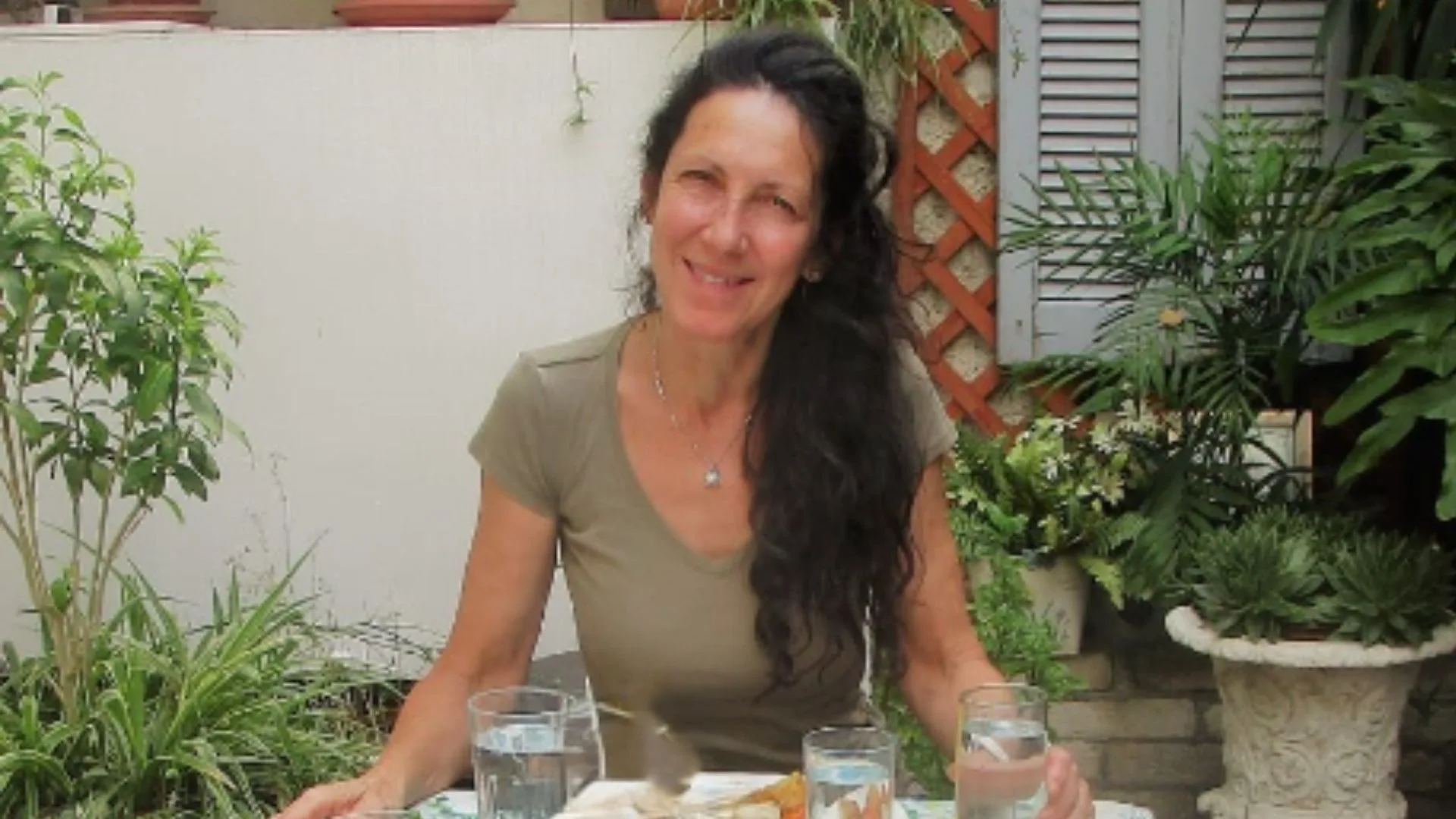By Kathy Karageorgiou
August 2025 in Greece, and I have been living here for decades. It’s a difficult summer. Unlike other more carefree summers in which financial ease more often than not corresponded to “getting away”, to going on holiday, this year it’s not on.
‘The Greek crisis’ effects still linger, teaming up with general global economic trends which now sees necessities, like utility payments, car fuel, grocery shopping, and holidays – recharging the old batteries, rest and relaxation – becoming difficult to afford.
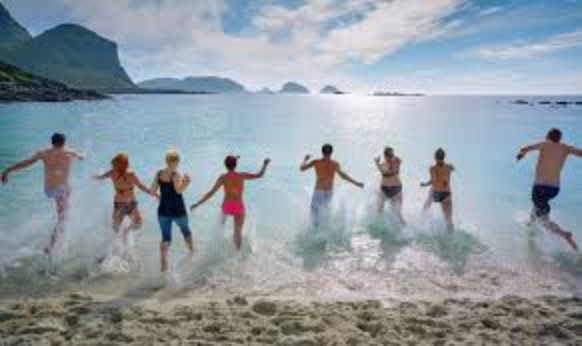
This year, we (my husband and I) are sweltering in Athens. Could be worse, I remind myself, after all we have air-conditioners, cold water for showers, and shelter – a home. This home is old, hence its walls are concrete without insulation and the surrounding concrete deems it a hot house, which doesn’t seem to cool down at night. And so, in an attempt to keep ever rising electricity bills down, we use a fan at night.
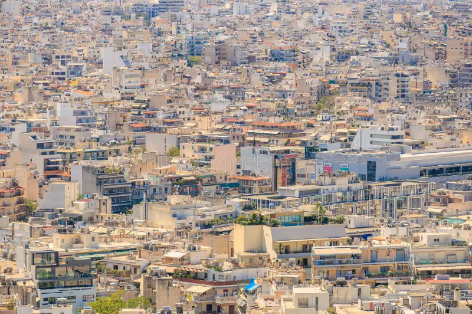
We watch the tourists and more fortunate holidaying locals on the news, enjoying beaches and islands. Twice a week we go to the nearest beach which takes 45 minutes, in traffic, to get to. But I shouldn’t complain, as I was the one who decided to move here with my Aussie husband and kids back in 2000. Thank God our sons are having a better time of summer, which we like to help them enjoy with a bit of extra “pocket money” now and then; you know, the Greek mother thing.
Our oldest son, aged 29, works abroad – where the pay and opportunities are better according to him, and he’s right. The youngest, 27, has decided that Greece is his gig – he ain’t going anywhere, and so he rides his motorbike, girlfriend on the back and they camp on beaches which has led me to joke that they’re “hippies”. I know the truth; they are on Greek wages. Holiday resorts and rooms used to be much cheaper, but now most are expensive Airbnb’s, not to mention Golden Visa holder owned and so, many Greeks, particularly the young, are priced out of the market.
So that’s our dark Greece, as it is for many Greeks here. Perhaps it is no coincidence that on my ‘Athenian summer holiday’ this year, I decided to wallow in my darkness, and read a novel about a darker side of Greece, ‘The Haunted Vale: A Cretan Gothic Tale’ by author Yiannis Thomadakis (in its English translation). This is where another, perhaps foundational dark side of Greece and beyond, becomes manifest.
‘The Haunted Vale’ is set in a Cretan village in 1924 after the arrival of Asia Minor Greek refugees there, and also in the more current 2014. Themes of rural isolation, newcomer influences, superstitions, including curses and black magic, meld amidst the dark valley locale.
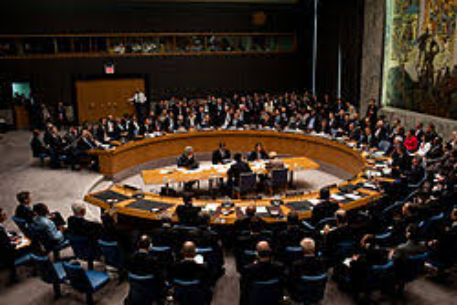
The newcomer Asia Minor Greek families struggled to be accepted. Even though the community leaders “managed to reconcile the people with the help of the community’s priest… shades, ghosts, the katahana, witches, fairies, the undead, demonic deities were predominant… The battle against evil was a veritable challenge and their lives were governed by the supernatural.”
When I first came to Greece as a teenager in 1984, I recall an old aunt who lived in a Greek village telling me that at night I may hear nymphs singing and sometimes wailing. She was a pained woman whose husband, I later found out, was violent towards her. Furthermore, she had an Asia Minor refugee mother – my grandmother – also pained from Asia Minor refugee trauma; paralleling aspects of ‘The Haunted Vale’ in which influences of oppression – personal, political and ensuing economic – can often manifest in dark and creative ways, particularly when one is powerless.
The novel delves into another aspect too, beyond the socio-political, into the ‘supernatural’. An older and educated character, who’s documenting a history of the village, says to his church-going wife, who begs him not to write about the village’s supernatural occurrences, “You poor woman, this is our culture, our history, part of our collective unconscious. They should be preserved… our grandchildren are lucky to be privy to them.” Perhaps his wife knew what she was talking about (but no spoilers)!
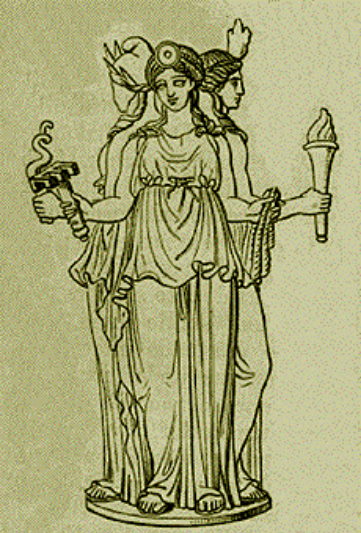
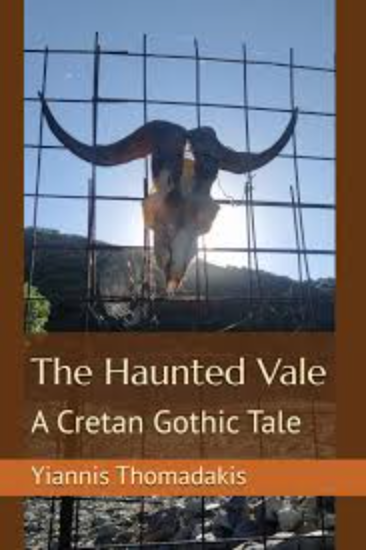
An older female character, a grandmother, is also mentioned as, “an infamous witch back in Smyrna. Everything she knew she brought with her to Crete, where she kept practising magic. She decided to kill the root of evil… who had harmed her granddaughter… crafting… an ancient spell in Aramaic.” Another instance describes “a vial containing full moon water… a silver-grey liquid that possessed the radiance of the full moon; it was the strongest weapon against demons and ghosts.” In this fictional account, perhaps it was…
Speaking of full moon, and the ‘supernatural’, reminds me of another aunt of mine, ridding me of three warts that existed on top of my hand, that even prescription creams and medical laser couldn’t destroy. She took me to a crossroad in her village during a full moon (I agreed out of curiosity, giggling to myself). There, on my afflicted hand, she rubbed half an onion and mumbled a prayer. Weird, I know, but… it worked. To this day, no warts! Potential “witchcraft” perceptions aside, I see it as alternative medicine involving folk ritual and wisdom passed down through many generations, much of which has now been transformed and lost to the medical profession.
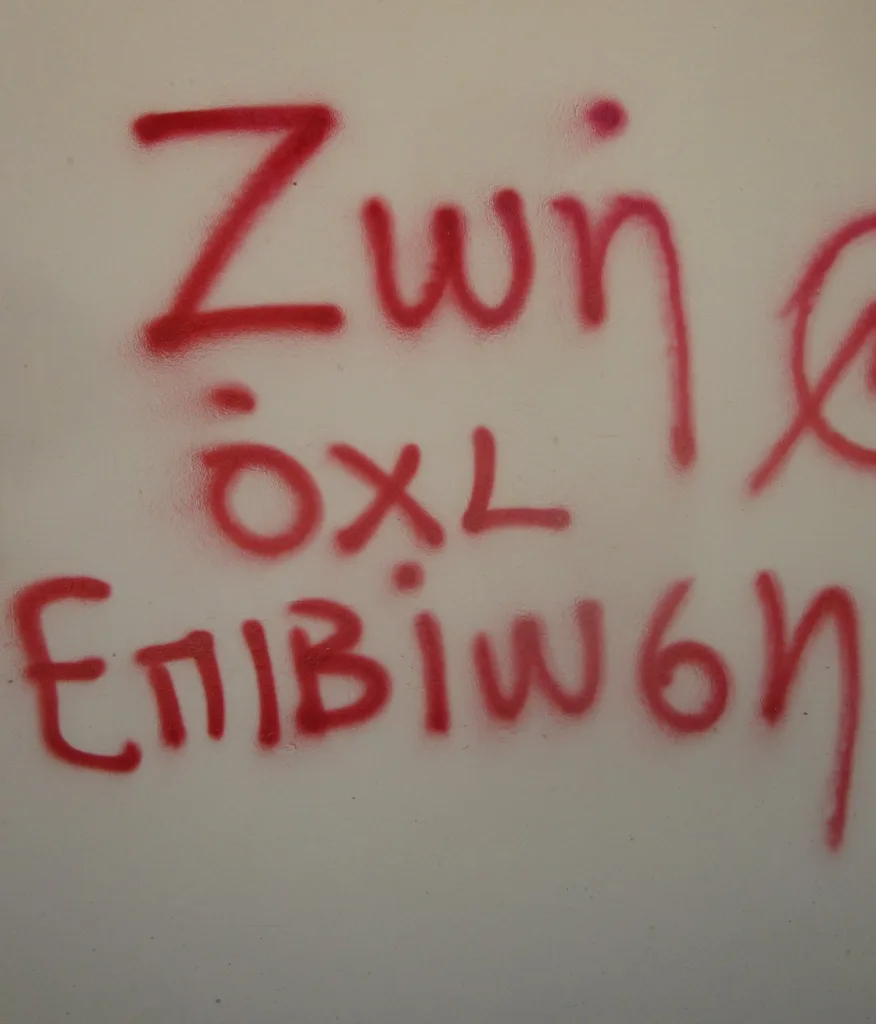
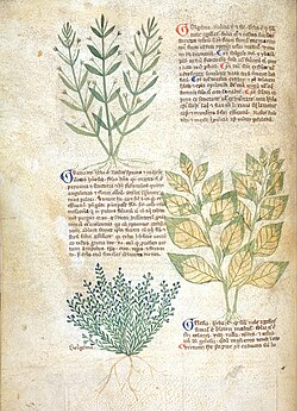
The novel also refers to “normalcy” and how straying from mainstream socio-cultural norms often lead to social exclusion and isolation. The aforementioned educated male character sees a ghost and feels that telling someone would deem him “a nutcase … all that reading he did since he was a child got to his head.” Normalcy is also described in the book as, “having a form and being of flesh [that] is bound to unforgiving blindness of reality… in denial of their [humans] gift of seeing …” Our church is aware of such dilemmas.
Perhaps the Church could influence politicians and help them realise their part in causing people to feel lost in darkness as unacceptable. That light and transparency, kindness and caring for citizens should always be a priority. Alas, perhaps those in power have always exacerbated ‘darkness’ through keeping people in the dark.
